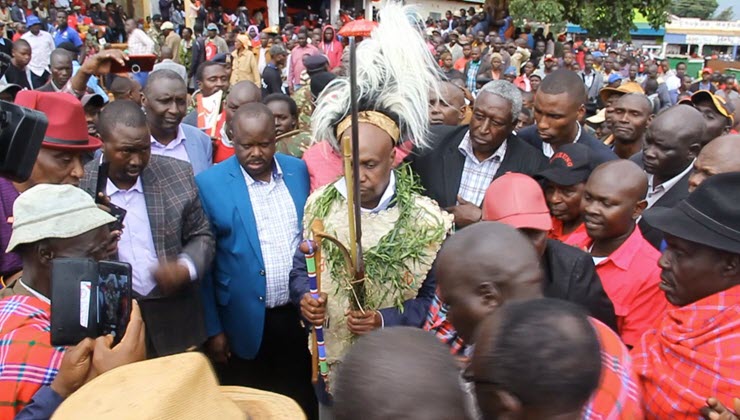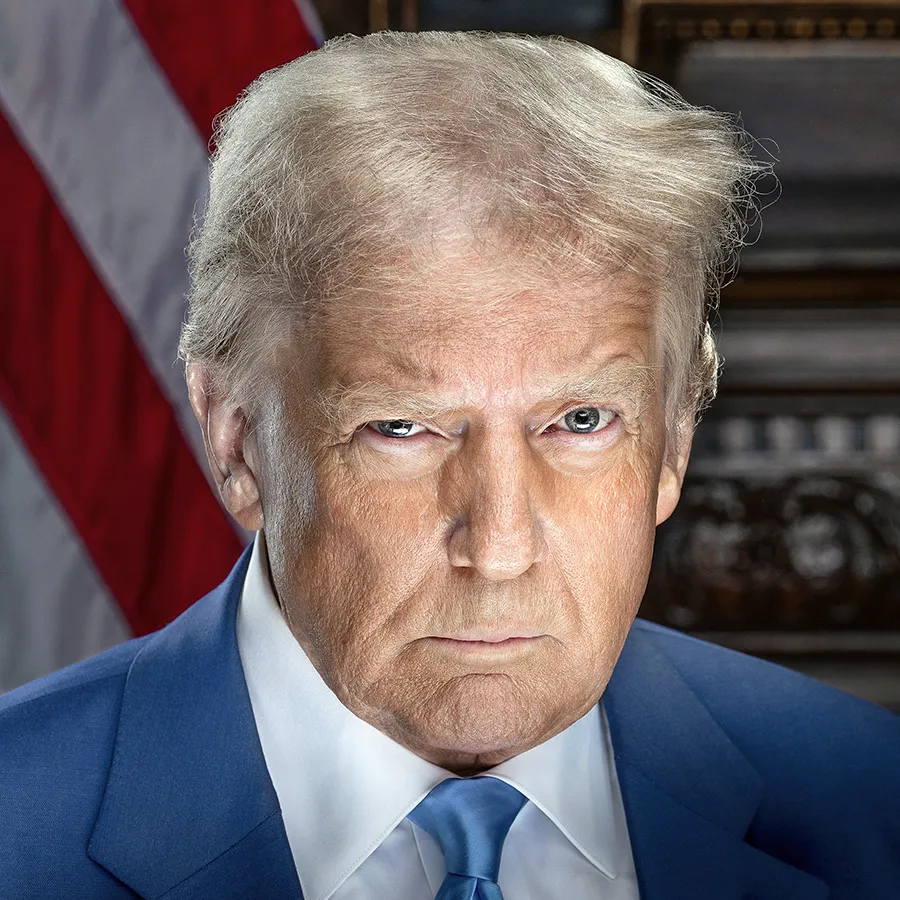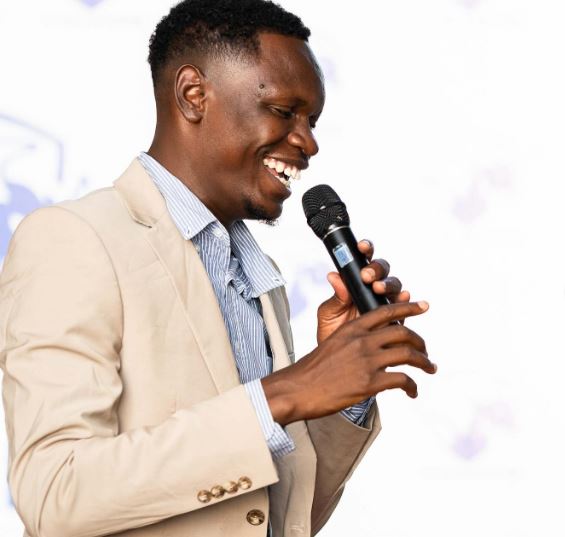Was Gideon Moi duped into donning women regalia in Sabaot ceremony?

Installation of elders in communities is a thorough and well-thought out process, and sometimes there are differences between those merely made elders and those crowned leaders such as kings.
In Kalenjin culture, those who are made elders are donned in special regalia popularly known as ‘Sambut’, a material made from the skin of blue monkey, and on his head he wears a hat made from the skin of a colobus monkey.
He is made to sit on a three-legged stool and given two spears, a short one and a long one. This is followed by a rendition of four songs in the Sabaot community.
Gideon Moi regalia
Why is this important? Well, a day after Baringo Senator Gideon Moi was made an elder in Sabaot, questions of culture have been raised over the type of regalia he donned during the ceremony.
Peter Chemaswet, who is a Sabaot, historian and a preacher with a rich background in culture, claimed that Senator Moi was handed the right regalia but the palm branch given to him is reserved for women.
He says the palm branch is given to women who have been accepted as leaders and allowed to sit among elders and to speak with authority.
Chemaswet says women are given the palm branch and a belt donned with beads to imply that they are prepared to cook food for the family and particularly make sweet and sour milk.
He says the procedures for installation of elders and leaders within Kalenjin sub-tribes are the same, and hardly varies.
Moments after Senator Moi was installed, Kalenjins on social media raised eyebrows, terming the regalia he donned as degrading.
Soy South MCA Jonah Tanui said “The palm is usually for the women, they have turned this man upside down.”
Shadrack Kiptoo said” “Hata kama ni kumaliza mtu, si hivyo”.
Caleb Kibet asked: “Kwani do you people want to mean in Sabaot, there is no elder who could have told the senator that this was not the right regalia for the occasion?”.
Chemaswet says the ambition to ascend to political leadership could be pushing many politicians to spend money on seeking coronations as elders in various communities.









